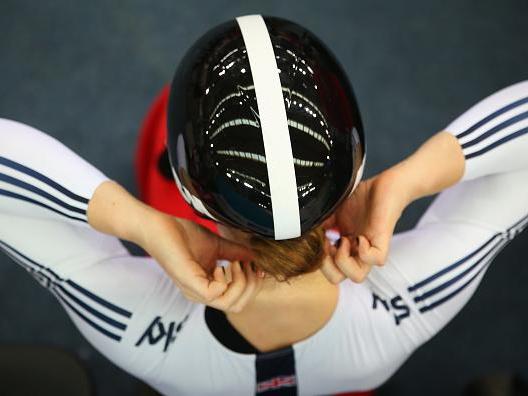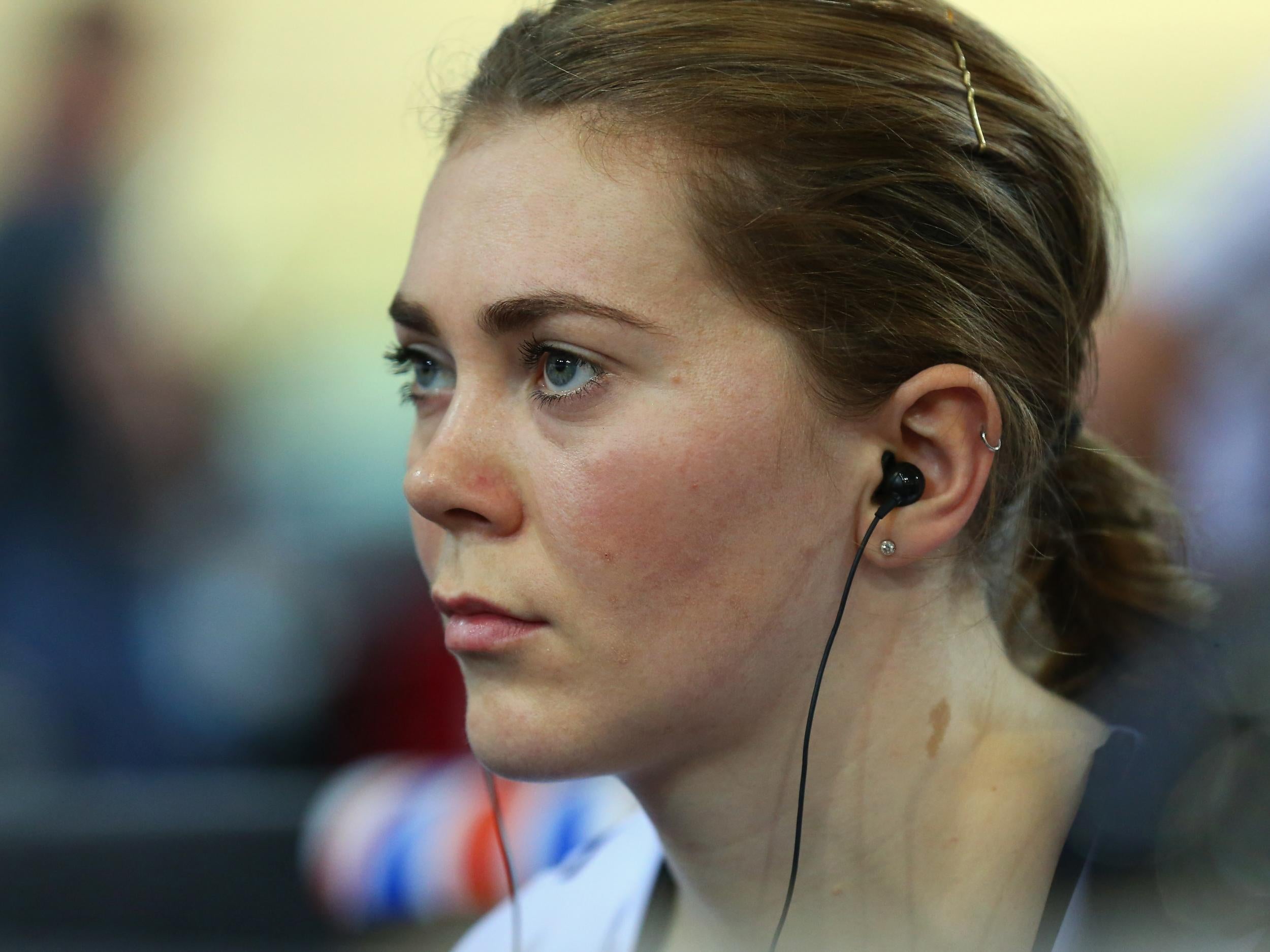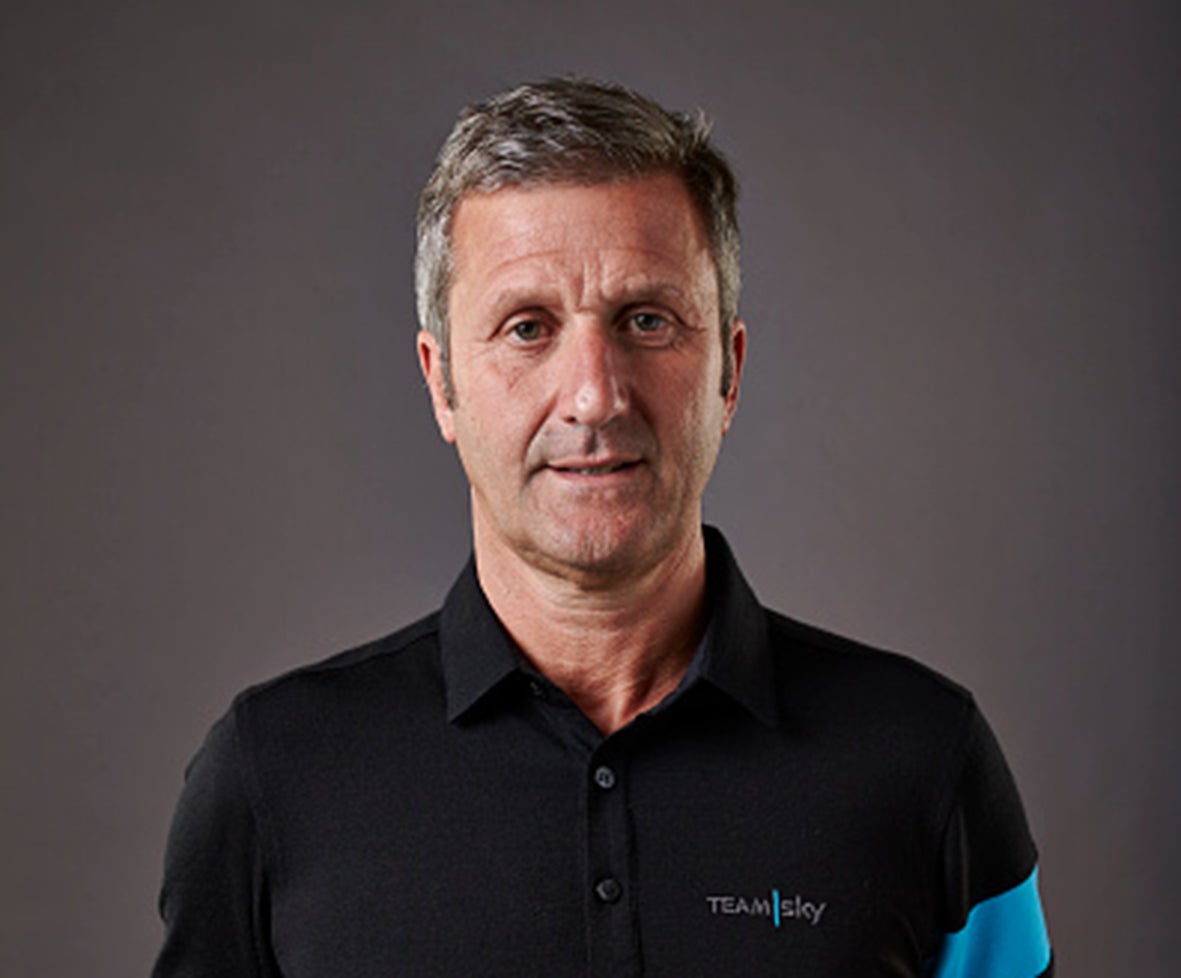Jess Varnish case against British Cycling and UK Sport suffers blow with key witness unlikely to attend
Former British Cycling and Team Sky doctor Dr Richard Freeman was one of four witnesses that Varnish's legal team had hoped to call at the Manchester Employment Tribunal this week

Your support helps us to tell the story
From reproductive rights to climate change to Big Tech, The Independent is on the ground when the story is developing. Whether it's investigating the financials of Elon Musk's pro-Trump PAC or producing our latest documentary, 'The A Word', which shines a light on the American women fighting for reproductive rights, we know how important it is to parse out the facts from the messaging.
At such a critical moment in US history, we need reporters on the ground. Your donation allows us to keep sending journalists to speak to both sides of the story.
The Independent is trusted by Americans across the entire political spectrum. And unlike many other quality news outlets, we choose not to lock Americans out of our reporting and analysis with paywalls. We believe quality journalism should be available to everyone, paid for by those who can afford it.
Your support makes all the difference.Jess Varnish's employment case against British Cycling and UK Sport received a blow when the tribunal was told Dr Richard Freeman was unlikely to turn up to give evidence.
The former British Cycling and Team Sky doctor is one of four witnesses that Varnish's legal team had hoped to call at the Manchester Employment Tribunal this week.
It is understood he was going to support her claim that British Cycling exerted high levels of control over her life whilst part of the Olympic team and his written statement is part of her submission to the tribunal.
But for that statement to carry any weight in Judge Ross's deliberations on this potentially landmark case for British athletes' employment status, Dr Freeman must make himself available for cross-examination.
Varnish's legal team had been hoping for a better day in the tribunal after the 28-year-old track rider endured five hours of cross-examination on Tuesday - an experience that put several holes in her case that Olympic and Paralympic athletes funded by UK Sport are effectively employed by the agency and their national governing body.

But Wednesday's session opened with Varnish's barrister David Reade QC telling Judge Ross that "the latest communication" was that Dr Freeman would not be attending.
British Cycling's combative barrister Thomas Linden QC said this came as news to him but "not a complete surprise".
When asked for an update by Judge Ross at lunchtime, Reade said: "At this moment in time I've not been able to gain his attendance, I'm still seeking to do so."
In March 2017, Dr Freeman failed to attend a parliamentary inquiry into an allegation of doping at Team Sky when he said his poor mental health prevented him from doing so.
Later that year, he was allowed to resign from British Cycling instead of face a disciplinary process for his poor record-keeping, as he was still suffering from depression and stress.

But his health had appeared to have improved this year when he was well enough to promote his new book on sports medicine.
Dr Freeman's scheduled appearance for Varnish, though, would have undoubtedly attracted the interest of the General Medical Council, which has summoned him to a tribunal of its own in February.
Meanwhile, Varnish's two other supporting witnesses, her agent James Harper and her partner and former GB BMX star Liam Phillips did appear at the tribunal.
Just as Varnish experienced on Tuesday, Harper was strongly challenged on his written statement by Linden.
Harper, who represents Phillips, Varnish and several other athletes, has claimed that British Cycling is "the most aggressive" governing body he works with in terms of controlling the commercial rights of its athletes.
To support this claim, he listed the difficulties he had while trying to do personal deals for Varnish and Shanaze Reade, the multiple BMX and track world champion.
He also discussed Ben Swift's contentious move from Katusha to Team Sky in 2010.
"Other sports are much better developed in protecting their athletes," wrote Harper.
"The level of control exercised by British Cycling is enormous."
Linden, however, described Harper's testimony as "nonsense" and tried to demonstrate that Harper was building a case to impress the media without explaining, or even understanding, contract law.
Phillips fared better, though, as he repeatedly pushed back at Linden's points, saying "that's your opinion".
The hearing continues on Wednesday afternoon with Reade getting the chance to cross-examine the witnesses used by British Cycling and UK Sport: the national governing body's lawyer Matthew Barnes, head coach Iain Dyer, programmes director Andy Harrison and UK Sport chief executive Liz Nicholl.
Varnish is trying to persuade the tribunal that she, and other funded athletes, are employees, so she can the sue British Cycling for wrongful dismissal and sex discrimination when they dropped her from the programme in March 2016.
PA
Join our commenting forum
Join thought-provoking conversations, follow other Independent readers and see their replies
Comments